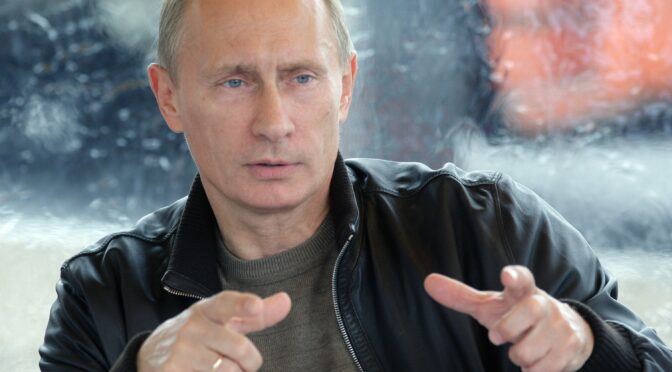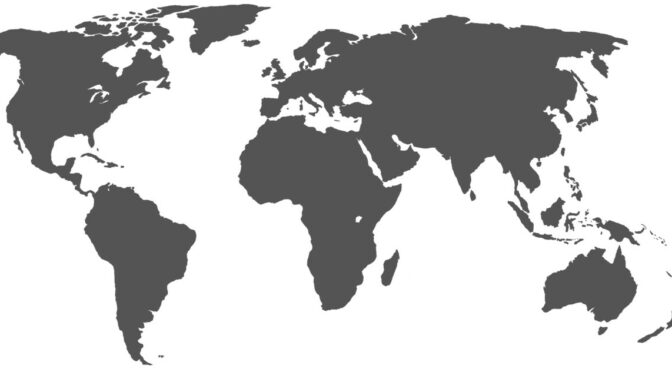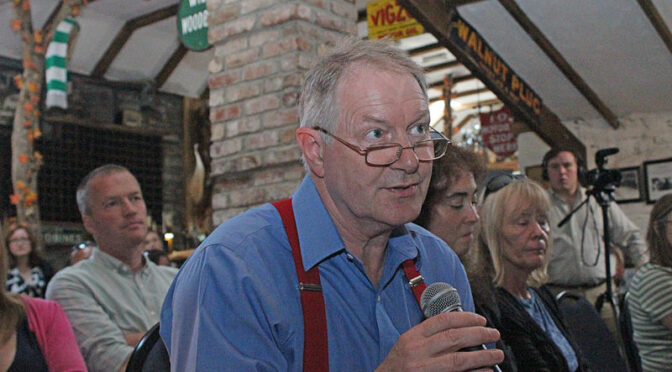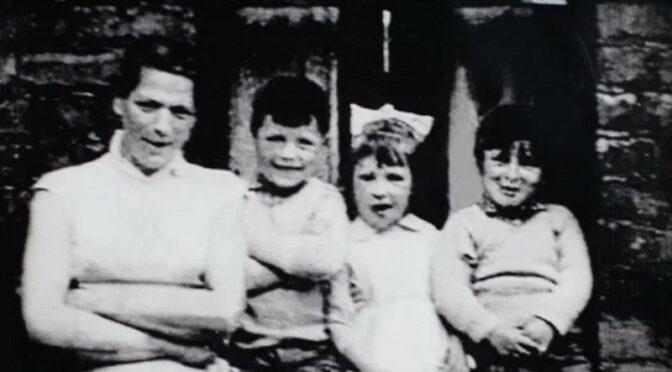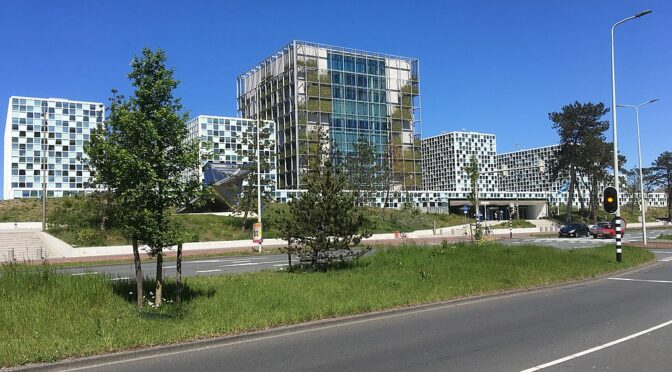Article published in The Daily Express, 14 April 2021. © Richard Kemp
It is not clear whether President Putin’s mobilisation towards Ukraine was motivated by a desire to warn President Biden against sanctions, to frighten the EU from backing them, rally flagging support at home in the face of dire economic conditions, or all three.
Whatever his rationale, it could lead to a conflict he didn’t intend.
Biden cannot afford to show anything other than strength towards Russia at this stage of his leadership, especially given his frequent suggestions of Trump-Russia collusion.
US sanctions that Putin hoped to deter look like they’re on the way. The EU – usually to be relied on to vacillate and buckle in the face of pressure – has shown uncharacteristic strength in its support for the Ukraine under Russian threats, backed by NATO.
Equally, Ukrainian President Volodymyr Zelenskiy has stood more firmly than Putin expected.
One thing is clear: having decided to threaten Ukraine, Putin cannot show the weakness that would be exploited by his rivals were he to back down. He has to do something aggressive rather than just pretend he was conducting military manoeuvres.
That would be immensely damaging at home. He will not want to order a major invasion which would have much wider and potentially catastrophic consequences for Russia.
There are various tactical factors, including weather and a current lack of some necessary military assets on the ground.
More likely would be infiltration by deniable forces, such as the ‘little green men’ that took over the Crimea in 2014 or peacekeeping troops to protect the Russian speakers in Donbas that never get around to leaving.

